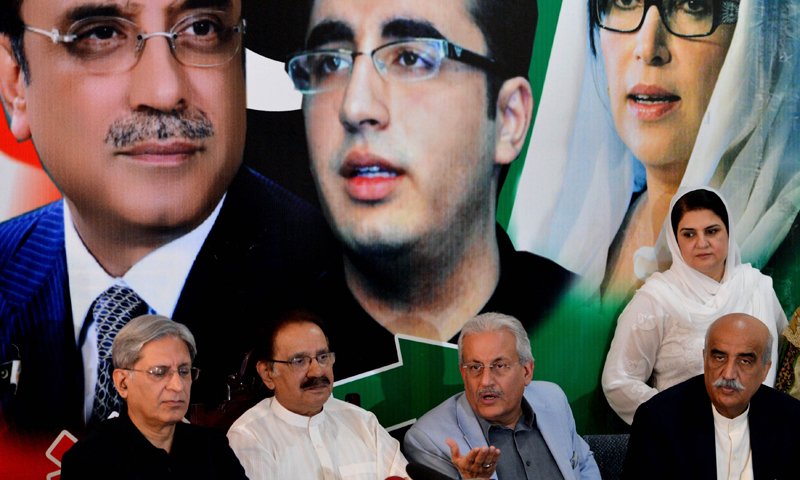Pakistani a country known for its thriving democracy. Preparing for the general election that will take place in 2024—yet another crucial turning point in its political history. Voters have a difficult responsibility in shaping the destiny of the country through. Their ballots in the face of multiple socioeconomic difficulties. This piece explores the main players, situations, and concerns related to the highly anticipated political confrontation.
- Participants
- Important Concerns

Pakistani Political Environment:
Two major parties have historically dominated Pakistani politics. The Pakistan Muslim League-Nawaz (PML-N), led by previous prime minister Nawaz Sharif, and the Pakistan Tehreek-e-Insaf (PTI), led by Prime Minister Imran Khan. Furthermore, the Pakistan People’s Party (PPP), led by Bilawal Bhutto Zardari, continues to be a prominent force in national politics.
1) Participants:
Pakistani Tehreek-e-Insaf (PTI)
Claiming credit for its accomplishments in economic reforms. Anti-corruption campaigns, and governance, the ruling party under Prime Minister Imran Khan is vying for a second term.
Pakistani Muslim League-Nawaz (PML-N)
Under Nawaz Sharif’s leadership, the principal opposition party seeks to take advantage of public discontent with the PTI administration by emphasizing problems with unemployment, inflation, and poor governance.
Pakistani People’s Party (PPP)
Under the leadership of Bilawal Bhutto Zardari, the PPP aims to make up ground by emphasizing its progressive agenda and dedication to social justice, particularly in Sindh, where it once held.
Parties and Alliances in Emergence
Minor parties and coalitions including the Muttahida Qaumi Movement (MQM), Jamiat Ulema-e-Islam (JUI), and Pakistan Muslim League-Quaid (PML-Q) are expected to be important, especially in key constituencies.
2) Important Concerns:
Economic Challenges
The Pakistani public’s ongoing concerns about inflation, unemployment, and fiscal deficits have made poverty and inequality worse.
Security and Terrorism
The nation is still having to deal with security risks brought on by militancy and instability in the region, which calls for strong counterterrorism plans as well as diplomatic outreach.
Social Development
There is still a disparity in access to basic amenities, healthcare, and high-quality education among various regions, which calls for coordinated efforts to close the developmental gap.
Democratic Unification
Promoting political stability and public trust requires defending democratic institutions, maintaining the rule of law, and guaranteeing the integrity of the electoral process.
Opportunities and Difficulties
Pakistan’s democratic transition faces both chances and difficulties from the next general election. On the one hand, issues with institutional autonomy, political polarization, and election transparency continue to exist. However, the election gives people a chance to exercise their democratic rights and hold their elected officials responsible.
In Summary
Pakistan is preparing for the general election of 2024 with a great deal on the line and unpredictable results. The choice made by the electorate will affect the nation’s socioeconomic future in addition to its political course. The importance of peaceful, inclusive, and informed voting participation cannot be emphasized in the midst of partisanship and political noise. In the end, Pakistan’s democratic path will enter a new chapter marked by the collective voice of its people, opening the door to advancement, prosperity, and pluralism.

